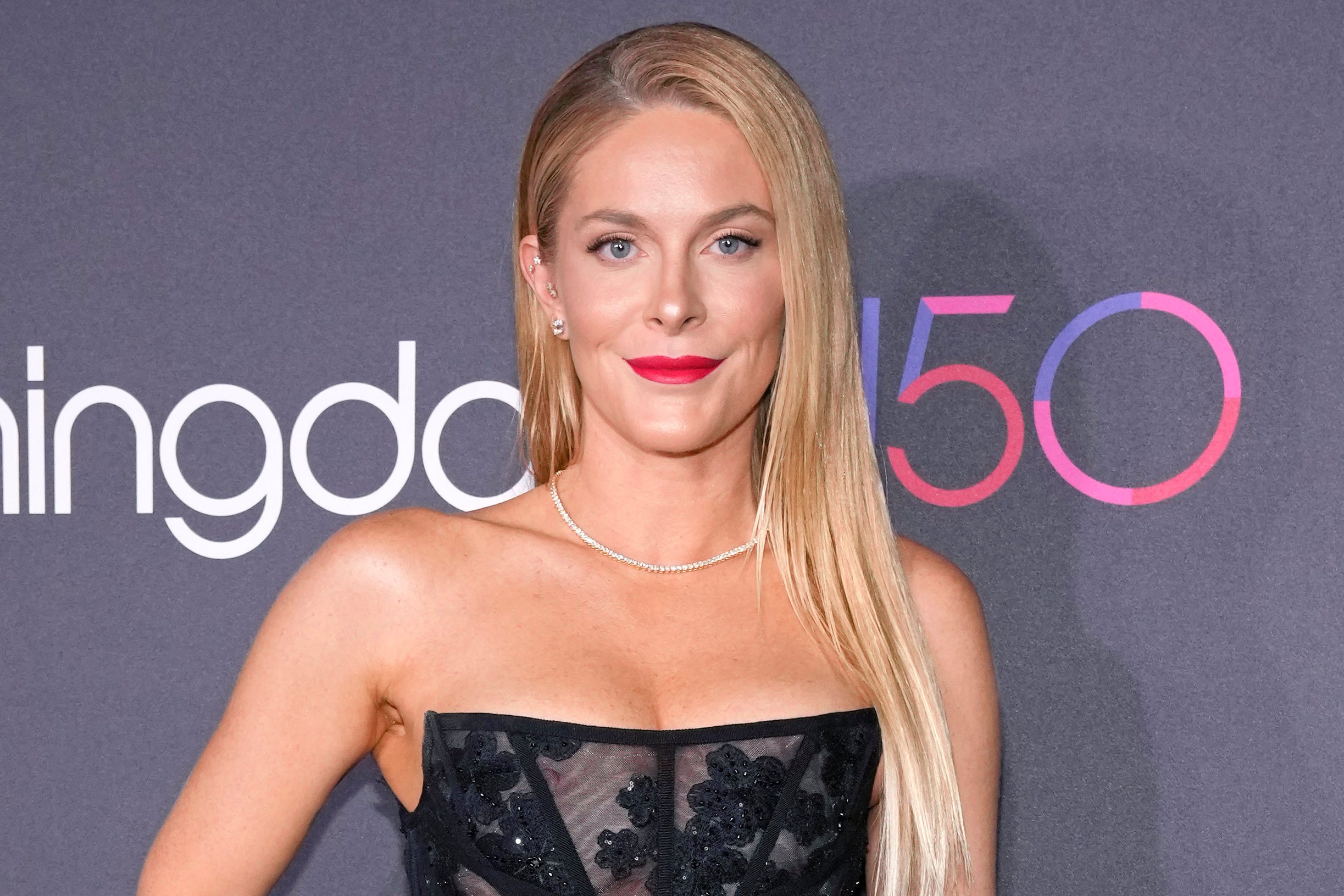Judge weighs the merits of a lawsuit alleging 'Real Housewives' creators abused a cast member
The lawyer for a former cast member of the “Real Housewives of New York” has told a judge that the First Amendment cannot shield the show's creators from a lawsuit alleging the show's participants were subjected to a “rotted workplace culture.”

Your support helps us to tell the story
From reproductive rights to climate change to Big Tech, The Independent is on the ground when the story is developing. Whether it's investigating the financials of Elon Musk's pro-Trump PAC or producing our latest documentary, 'The A Word', which shines a light on the American women fighting for reproductive rights, we know how important it is to parse out the facts from the messaging.
At such a critical moment in US history, we need reporters on the ground. Your donation allows us to keep sending journalists to speak to both sides of the story.
The Independent is trusted by Americans across the entire political spectrum. And unlike many other quality news outlets, we choose not to lock Americans out of our reporting and analysis with paywalls. We believe quality journalism should be available to everyone, paid for by those who can afford it.
Your support makes all the difference.The lawyer for a former cast member of the “Real Housewives of New York” told a federal judge Thursday that the First Amendment cannot shield the show’s creators from a lawsuit alleging that the show’s participants were subjected to a “rotted workplace culture.”
Attorney Sarah Matz said the lawsuit brought by Leah McSweeney earlier this year should advance to the stage where evidence can be gathered for trial.
Adam Levin, a lawyer for defendants including entertainer Andy Cohen, one of the show’s producers, and the Bravo channel, told the judge that the lawsuit’s allegations were protected by the First Amendment and that it should be dismissed at a stage in which the judge is required to assume the allegations are true.
The judge did not immediately rule on the future of the lawsuit, which seeks unspecified damages for mental, emotional, physical pain along with impairment of life's joys and lost future earnings.
The lawsuit filed in Manhattan federal court alleges that McSweeney, who suffers from alcoholism, was pressured to drink booze on the show and was retaliated against when she wanted to stay sober or was denied reasonable accommodations to aid her efforts at sobriety.
It also alleges that the defendants “employed psychological warfare intentionally weaponized to break Ms. McSweeney's psyche,” particularly when she was intimidated and prevented from visiting her dying grandmother through threats to cut her pay or fire her if she left the filming location.
“They knew she was trying to be sober,” Matz told the judge. “The show is not called the ‘Drunk Housewives of New York City.’”
The judge, who said he had never seen the show, asked each side numerous questions and seemed inclined to, at a minimum, strike some allegations from the lawsuit that pertained to events on camera.
Levin told him the lawsuit should be tossed in its entirety. He said ruling in favor of the claims made in McSweeney's lawsuit “would kill” some television and Broadway stage shows if the First Amendment did not protect the producers of shows.
Particularly when it comes to a reality television show, the cast member becomes the message of the show and “you can't separate the person from the speech,” Levin said.
“What are the limits a director can do to induce the behavior the director wants?” the judge asked as he questioned whether a director could demand that show participants not sleep for two days before filming or subject themselves to a physical assault just before they go on camera.
Levin said there were limits to First Amendment protection for the creators of a communicative show, but he said they were narrow in scope. McSweeney's lawsuit, he said, did not fall within the narrow exceptions, such as when a producer might commit a criminal felony offense during the production of a show.